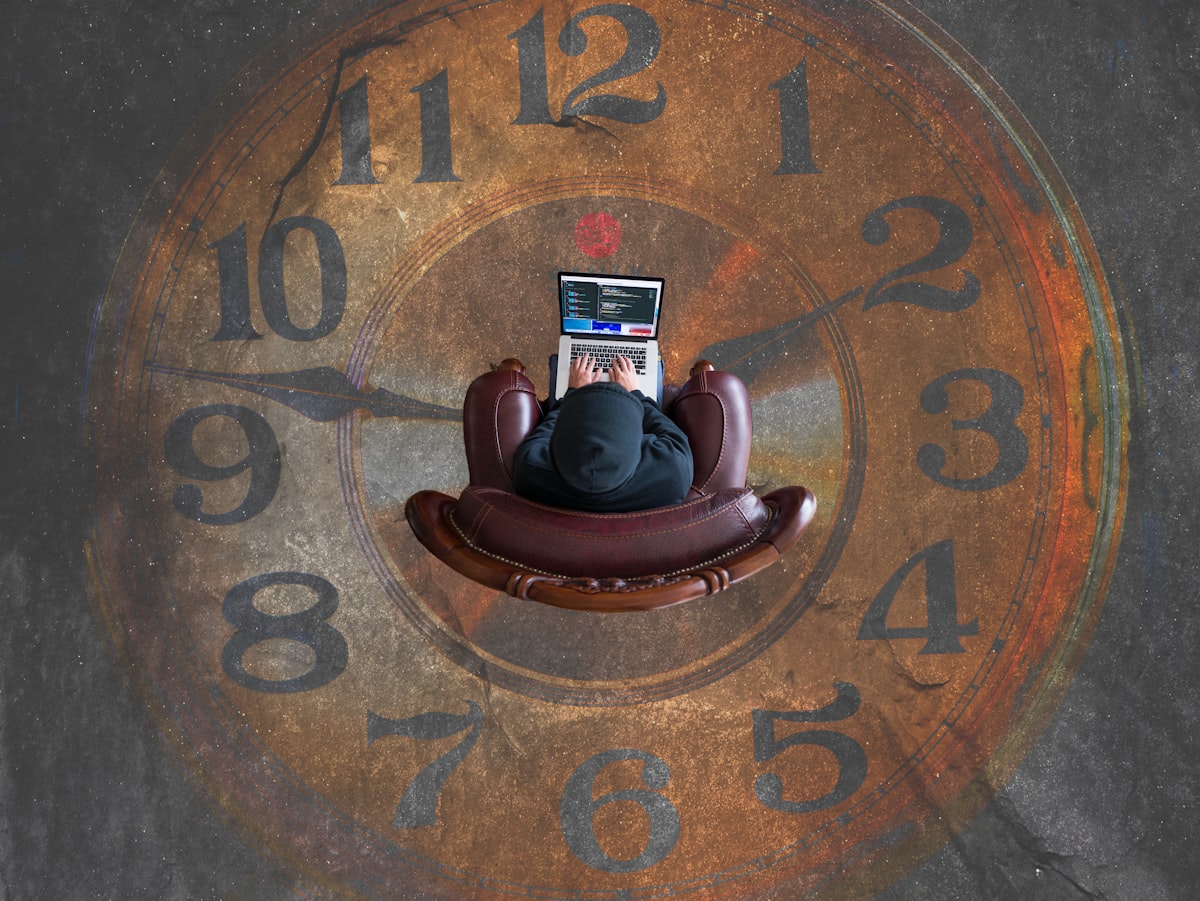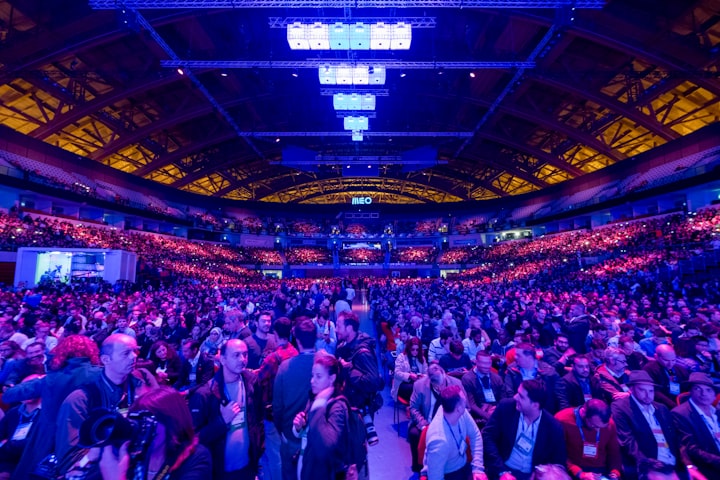If you are always "very busy", it means that you have a weak strategy

Often, when people say that they are very busy and up to their ears in work, and do not have time "for nonsense" (that is, free time, time for themselves), they expect, at least, respect from those who hear it. Or they want to prove themselves in demand, irreplaceable, and unique, in contrast to those who are "not so busy". But an experienced and successful person will only smile in response to "heavy busyness", and business coaches and psychologists will say that you need to change your strategy. Because "very busy" is not about success, it’s about a mistake.
"Heavy busyness" resembles a situation when a car skids in the sand: a lot of effort, noise, and nerves, but in fact, you dig deeper and deeper... You just need to put planks under the wheels, and the car will go on its way.
True success is just like that: it is easy, not stressful or exhausting, not when you are torn in all directions but when you enjoy the work. Conventionally speaking, success is when you are flying, while "very busy" is when you are anchored to the ground and covered with a pile of "scrap metal" on the top.
But let’s move from images to practice. In fact, the "I’m just too busy" attitude is a deeply unpleasant feeling. It is also very unproductive. It is bad for you and those around you. And the reason for this is your wrong strategy.
Why is there a strategy for time management?
Time management is about the rational distribution of time so that everything is done on time and, at the same time, not wasted (in particular, energy, health, desire, interest, etc.). That is, time management is essentially a work-life balance.
If you think that for effective time management, you just need to plan everything in detail and write it down to the minute, you are wrong. Rigid schedules and deadlines only lead to irritation, increased anxiety, deterioration of the psychological state, and burnout.
Effective time management is optimizing the use of time and process but not the time frames or plans. This optimization of time and the process is the strategy.
Every firm or business has its strategy – whether they admit it or not, whether they have designed it on purpose, or whether they don’t even know it exists. Moreover, each person has their strategy for behavior and life. That’s why when problems occur, it means that the strategy has failed. And it’s not about the time – it is unchanging; there were and will be only 24 hours per day. The problem is what exactly you invest in those 24 hours.
Strategy is what you DO, not what you want to do or say that you do
Well-known management researcher Chris Argyris noted that there is often a dramatic difference between what people say they do and what they do. He called the first "Espoused Theory", and the second "Theory-in-Use".
Yes, Espoused Theory can be: "I always listen carefully before I express my opinion." However, when observing human behavior, the Theory-in-Use comes out like this: a person listens only if the other person says something pleasant or acceptable and interrupts or imposes their opinion if they say something in the opposite direction.
This discrepancy between Espoused Theory and Theory-in-Use makes people much less effective at achieving their goals and, unfortunately, unable to figure out how to learn and improve. They slip.
Renowned management researcher Professor Roger Martin points to two extremes in business based on this split between Espoused Theory and Theory-in-Use.
Tough guys/girls don’t do strategy
Many executives who pride themselves on being practice or activity-focused will argue that they don’t do strategy or have no strategy because they focus on what matters: operation/execution.
They will assume that once the pressing issues are resolved, they will turn to strategy – which they are unlikely to actually do, as their priority is the execution/operation process itself. They consider themselves firm and practical leaders who work and complete tasks, thus, they do not spend time on theory-strategy. Such managers often simply do not have enough time for anything; they are terribly busy because they are all "in the process" and "in execution". And only the right strategy (which they can’t get their hands on) will help free up time.
Strategy as fantasy
The other extreme is having too high expectations from strategy, constant strategic planning, raising the bar, and soaring in the clouds, which consumes insane amounts of time, money, and energy. Usually, such managers have a grand statement about their vision/mission/aspiration: "We are the most transformational force in our entire industry, bringing new value to customers and blazing a trail to the future", "We are superior to all competition in providing value to our customers..." and the like.
These statements, as a rule, are included in thick presentations, folders, and documents, and the heads of these organizations do everything possible to tell others about the great strategy of their company, and they are also, as always, "terribly busy".
Both of these extremes are false because strategy is not what you say... Professor Roger Martin convinces: your current strategy is what you are doing now, that is, a collection of choices and decisions you have made up to this point. And only by truly understanding where you are today, you can move on and lay out a route to where you want to go.
Each strategy is unique
There are no one-size-fits-all tips for effective time management because there are as many people as there are different situations. Style, place, and living conditions vary a lot, as do opportunities, priorities, personal qualities of a person, etc. Therefore, only you can adequately understand and evaluate your strategy. Honesty is required first.
Why are you "very busy"?
Give yourself the honest answers to these questions, and some reasons for "slippage" will become clear:
– Do I like to tell others that I am very busy?
– If I am very busy, does it mean I am a highly valuable and needed employee?
– What is more important: the things I am busy with or the things that are happening around me?
– What will happen if I stop being busy?
– To whom can I entrust/delegate part of my workload?
– What exactly am I busy with and why?
– What is my engagement/performance ratio?
– Am I busy with what I really want?
– Can I control my time, or does time control me?
Here are a few tips for those who want to become "not so much busy"
Do not be afraid to stop:
it is always useful to take a break to look at yourself from the side. A pause is what we often lack so much to gain strength and recover or to change the direction of movement, finally seeing a reference point or the necessary indicator.
Determine your priorities:
it is always useful to take a break to look at yourself from the side. A pause is what we often lack so much to gain strength and recover or to change the direction of movement, finally seeing a reference point or the necessary indicator.
Give up multitasking:
it is always useful to take a break to look at yourself from the side. A pause is what we often lack so much to gain strength and recover or to change the direction of movement, finally seeing a reference point or the necessary indicator.
By the way, today’s popular offices with open space, where conversations never stop, as well as the practice of combining positions into multiple positions, which require the simultaneous performance of several disparate tasks, are extremely inefficient. Researchers have proven that in such open spaces, office workers are interrupted every three minutes to check messengers, e-mail, greetings, conversations, and other things. That reduces their ability to complete any task. Thus, a company with 50 thousand employees loses about 1 billion dollars due to wasted time, reduced creative potential, mistakes, and overtired staff. "This is not true multitasking," says Devora Zack, author of the "Singletasking". "This principle of work has a lot of unpleasant consequences."
Remember that better is the enemy of good:
it is always useful to take a break to look at yourself from the side. A pause is what we often lack so much to gain strength and recover or to change the direction of movement, finally seeing a reference point or the necessary indicator.
Act according to the principle of an oxygen mask:
it is always useful to take a break to look at yourself from the side. A pause is what we often lack so much to gain strength and recover or to change the direction of movement, finally seeing a reference point or the necessary indicator.
In general, any situation in life can be changed. And if you can’t do that, you can change your attitude toward it. But in any case, for something to change in your life, the first must be a change in your mind!


